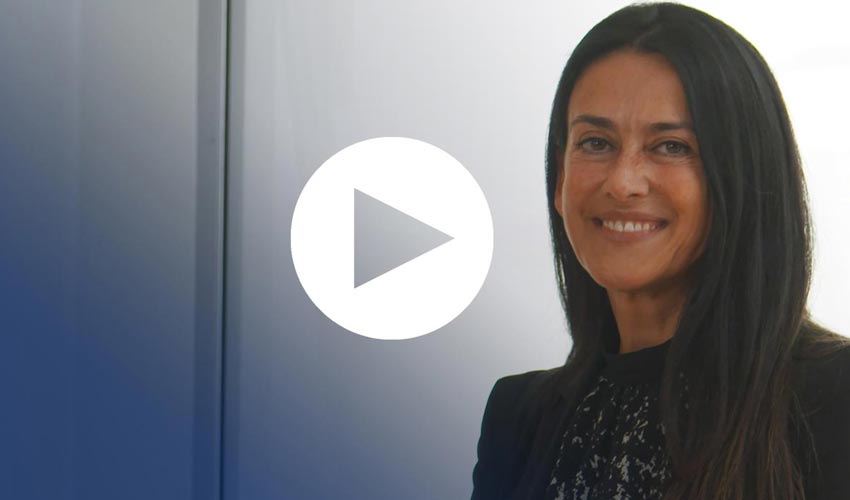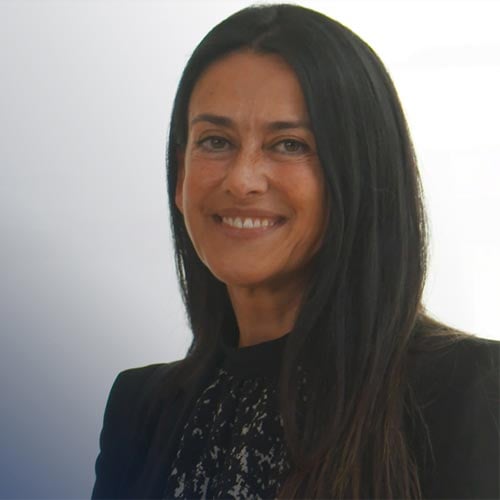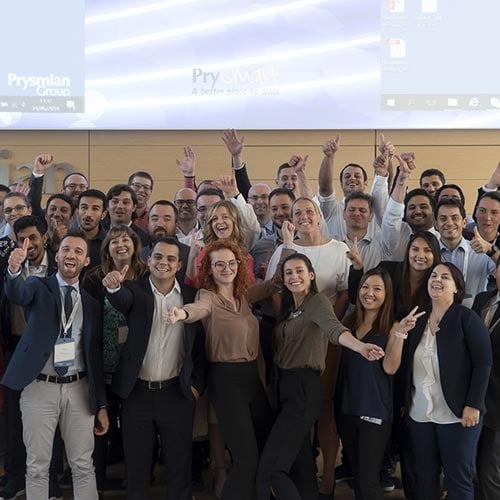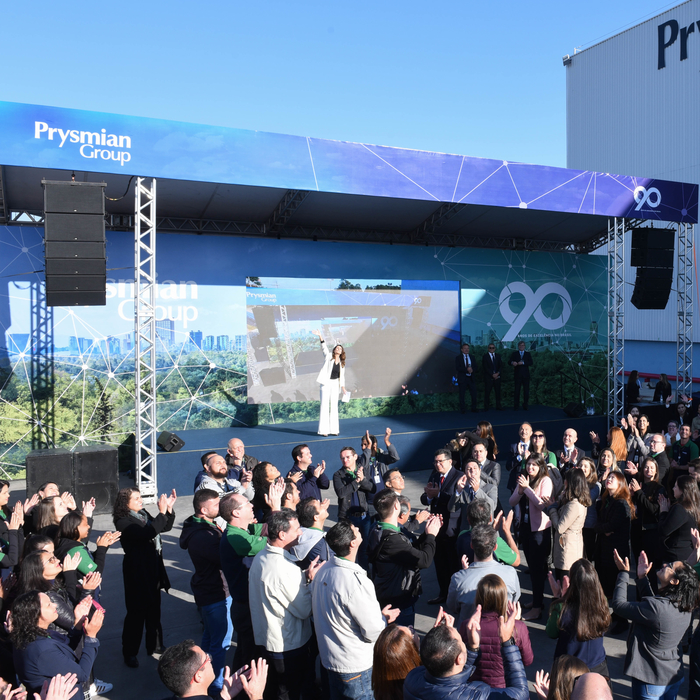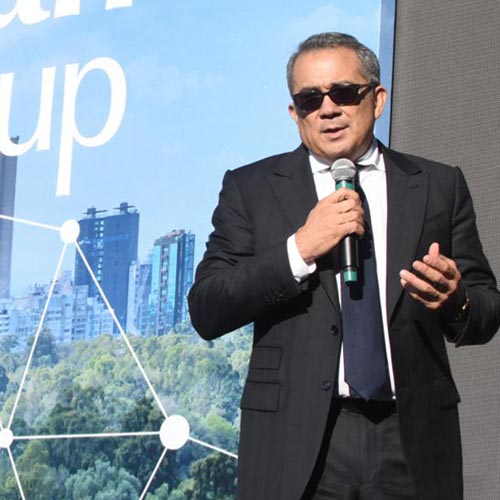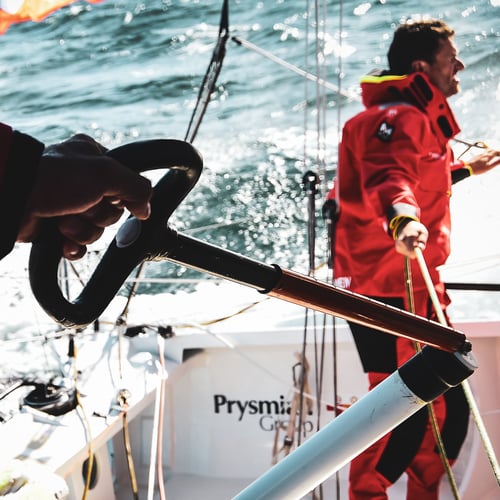Grazia Vittadini, CTO at Airbus, an outstanding Side by Side external role model
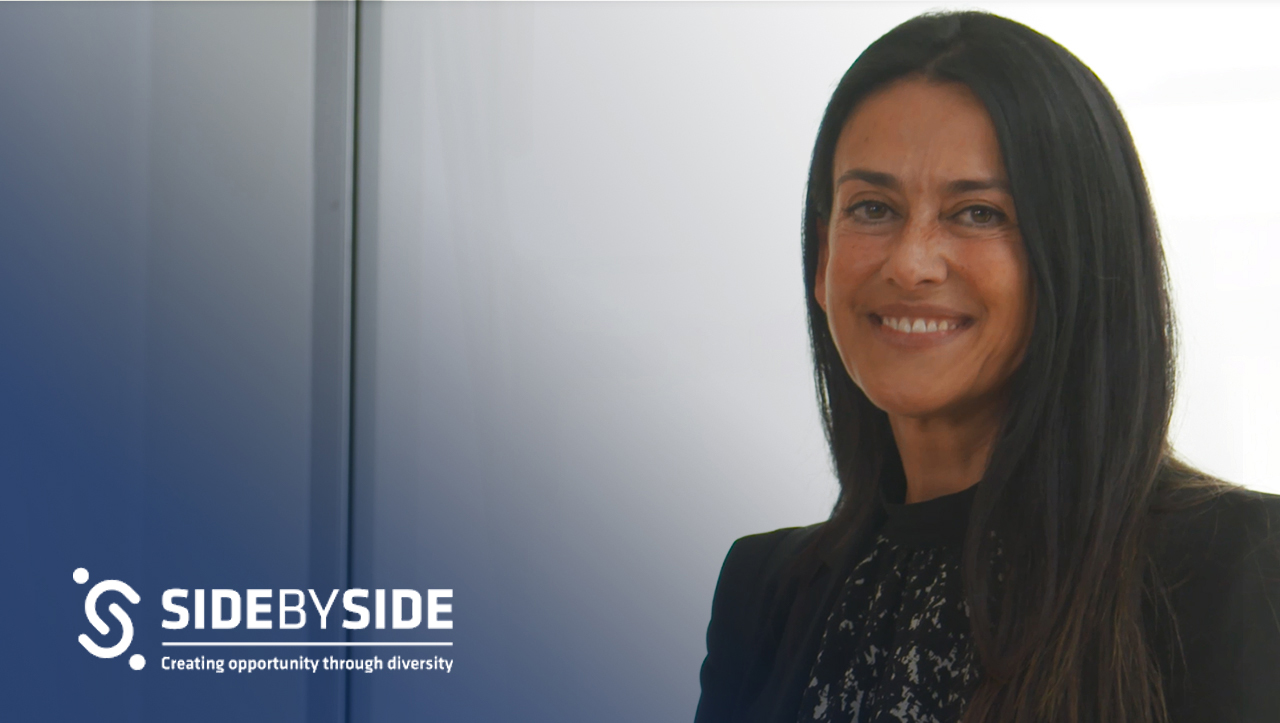
Grazia Vittadini (GV) is the Chief Technology Officer at Airbus, an international pioneer in the aerospace industry and a leader in designing, manufacturing and delivering aerospace products, services and solutions to customers on a global scale. On July 1, 2019, Ms. Vittadini was invited to Prysmian Group HQ in Milan as first Side by Side external role model and, before meeting our Top Managers and other key people, she was interviewed by Angela Amodio (AA), Global Diversity & Inclusion Manager of Prysmian Group. Ms. Vittadini talked about her career path at Airbus with a deep focus on diversity and inclusion and the way Airbus is approaching it, at both local and international level.
AA: Grazia, thank you very much for accepting our invitation. As you know, two years ago Prysmian Group started its journey, its diversity and inclusion journey that is called Side by Side. After two years, having the chance to meet role models like you is very important to us, because it allows us to get in touch with different leadership styles and also to understand how to develop our way to being inclusive leaders in the organization. Can you tell me a little bit more about yourself and about your professional path in Airbus?
GV: With a great pleasure and thank you very much for having me. Airbus is a global leader in aerospace with 130 thousand people on more than 180 sites worldwide. Within this company, encompassing helicopters, airplanes, satellites, launchers, and mend air systems on drones, urban air mobility platforms, I am the Chief Technology Officer, meaning I’m responsible to identify, accelerate, develop and inject into the products future technologies of a very wide range in scope. I started at the very bottom of the ladder at Airbus, as design and stress engineer, that was about 20 years ago. I made that my way on the path to more and more managerial roles. I had a plan originally: I wanted to be Chief Engineer of the new super light aircraft. Things didn’t pan out that way, doors were open to me which I didn’t even know existed and so, step by step, every position I took was a position of growth and that’s how I achieved what I have today, being the first woman at Airbus in 50 years of history to be in the Executive Committee. Now there’s two women on the Executive Committee, myself and the Head of Communications, so gender parity has increased. So this is the context where I work.
AA: Do you think that being a woman in a male dominated industry was a plus or a minus? How do you consider this?
GV: It’s a very interesting question because, believe it or not, until a certain point of my career I didn’t even want to consider my gender as part of the equation. I was born this way, some consider it an advantage, some a disadvantage. I never wanted to consider that in any way and found it even discriminating or it did irritate me whenever people would talk about quotas and doing special type of measures, to increase percentage of women in the industry. But then, when I started having positions of a certain relevance, I was becoming more and more visible to women within Airbus but also outside Airbus, and so I started hearing a lot of stories of really dramatic discrimination being experienced by women all across industries and that’s where I realized it can’t go on this way. I have the duty and the responsibility, even if nobody gave me this mission, to make sure that the world becomes a fair place, starting from my very own company.

AA: And how do you think diversity is able to create value in the organization? Because we always say that diversity is important, diversity is a driver of value, but, in which sense, in your opinion?
GV: Well, there’s very many different reports to demonstrate that diverse Boards bring an advantage in terms of ROI, in terms of EBIT. There’s plenty of studies to demonstrate all this. The fact is that things are just not moving fast enough. The trend is maybe positive in certain fields, but we’re still very far from gender parity and giving equal opportunities to the whole world when it comes to certain roles of responsibility. The way I see it is that it’s just a luxury we cannot afford anymore. All industries strive for efficiency, why should you disregard the 50% of the world's workforce? It’s just unwise, not only unethical. So why would you want to disregard a significant portion of your talents?
AA: Yes. And I also think that there are many theories, as you were saying, about the value of diversity in profitability, the value of diversity in terms of entrepreneurship. There are lot of studies about diversity and the value that this can give to the organizations but I think, in your role, you experience very often the role of diversity also in leading innovation, which is an another very important topic. Is it true? And if yes, how do you make it work in your everyday life with your team and with your people?
GV: Absolutely. There's a quote I really like and It says that our competitive advantage is really that we have a team of mixed profiles coming from different backgrounds and so many different ideas are put on the tables or ideas we choose to go for are challenged by people having slightly different perspectives and this helpes us indeed embedding into our product the most innovative technologies, which gave us a competitive advantage towards our competitors. When I asked who said this, and normally people will say it’s either Elon Musk or, you know, other entrepreneurs, whereas these are the words of Roger Béteille, recently passed away, unfortunately. Class 1923, one of the founding fathers of our own very company. It was a handful of engineers at that time, the market was dominated by our competitors. We started from zero, we started from scratch and now we share 50/50 the worldwide market in terms of sales and presence. So, it’s something which was very deeply embedded into the DNA of our own company and it’s something which needs to continue being reminded, we need to continue reminding ourselves that our pioneering spirit and innovation is absolutely fostered by diversity of thoughts, background, ideas, converging them into really innovative solutions. Going mono track with people all thinking the same way, coming out of the same school, with the same type of education, its a very sterile type of process and I’m not saying it’s easy. Managing diversity is extremely difficult because there’s no one-size-fits-all type of approach, but as manager, as leader of a diverse team, you need to adapt your style from time to time, because your team may need different attitudes, different approaches and you are constantly mediating, moderating.
AA: Yes, it requires also a lot of patience.
GV: Patience, energy, reminding the rules. You have the duty to dissent and to challenge, in a respectful and constructive way. And so, it’s not easy, not at all.
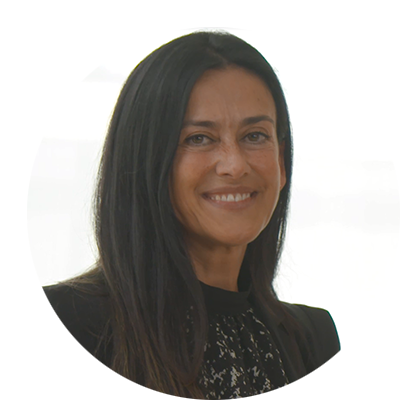
Grazia Vittadini has been appointed Chief Technology Officer (CTO) of Airbus and a member of the Airbus Executive Committee, effective 1 May 2018.
Furthermore, she serves as Director of the Airbus Foundation Board and as a member of the Inclusion and Diversity Steering Committee.
She graduated in Aeronautical Engineering and she specialized in Aerodynamics from the Politecnico di Milano.
Source: https://www.airbus.com/en





